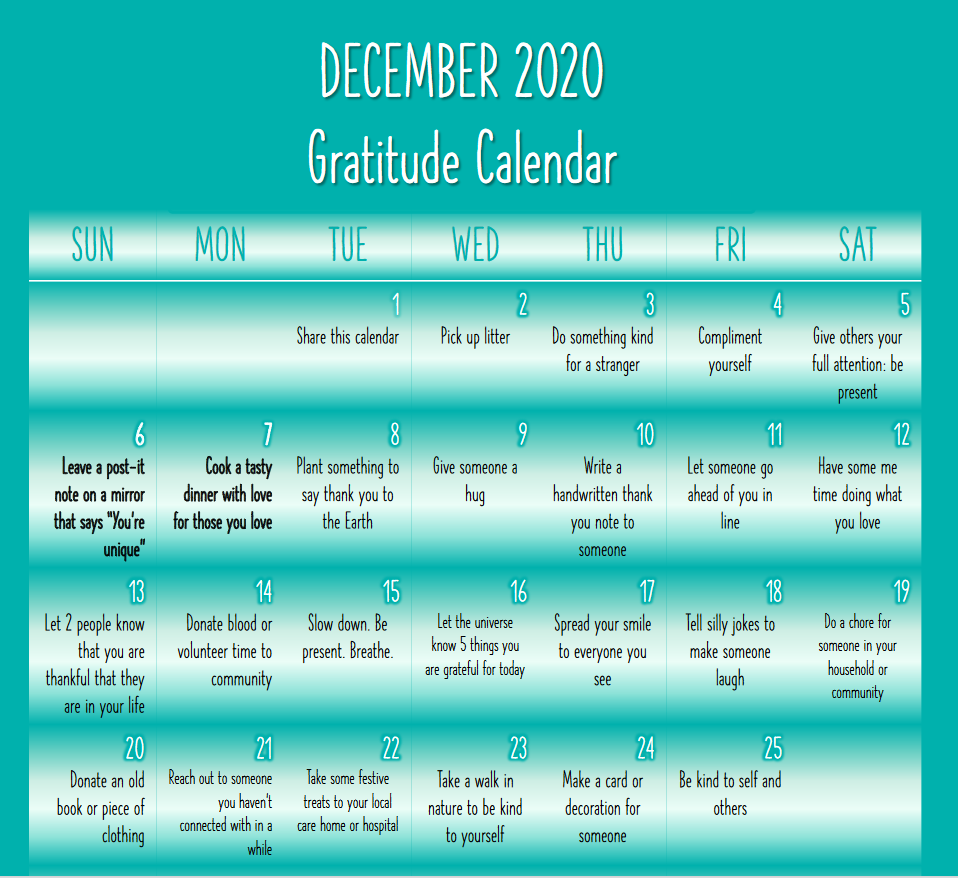
Discover the joy of taking the time to be KIND with December’s Gratitude Calendar.💚


The Natural Science of Health


DID YOU KNOW that more than 60% of women experience sleep problems during perimenopause and menopause. Research shows long-term insomnia increases your risk of obesity, increases your risk of diabetes, increases your risk of high blood pressure and stroke, increases your risk of memory problems, and also pain and inflammation. So, as you can see, a lack of sleep is a very serious health problem! The good news is it can be corrected. 😴 🤲
The National Sleep Foundation has reported that during perimenopause, menopause and post-menopause, about 61% of females have sleep problems. These women also often have hot flushes, night sweats, sometimes sleep apnoea and other sleep breathing disorders. 🔥
In the Australia, perimenopause and menopause affects about 1.3 million women at work every day. I think of it as a silent effect because the people around them probably aren’t noticing it, but these women are struggling. At least, one in four of these women are not well rested. They’re battling headaches. They’re having hot flushes or they’re feeling achy and emotional. 🥱💦
It’s really important for most women to realise that during perimenopause, including those five to 10 years before menopause (perimenopause), there is a shift in hormones going on. Most women understand that this shift is in their estrogen and progesterone levels, however the hormone, melatonin, is also another hormone that is lower among women as they get older.
It also very common for many women to often lay down in bed and then start worrying about every little thing? Or maybe your mind starts planning the next day in great detail, as soon as your head hits the pillow. If this is you, you’re probably going to benefit from adding a 5-HTP supplement. As this can help to shut off that brain chatter. 5-HTP has also been shown to boost moods. So if you’re struggling with some low moods, it can be very helpful. Another added benefit is that some women report having fewer carbohydrate cravings.
So maybe you are wondering why is 5-HTP so helpful in helping to reduce worry.brain chatter and calm anxiety? It’s because it helps the body produce more serotonin.
Magnesium is also a magic MINERAL that CAN HELP SUPPORT YOU during perimenopause and menopause!
Especially since magnesium is involved in over 350 different chemical reactions that take place in our body every day to keep us healthy. So you can imagine that over time, if you become deficient and these chemical reactions are now not taking place like they were supposed to, a lot of things can start to go awry. Low magnesium can very easily equal sleepless nights and another common symptom of a magnesium deficiency is leg cramps.
I have found when I keep my magnesium level in a healthy range, my sleep is so much better and deeper. And in an addition to better night’s sleep, magnesium also helps to stabilise moods. So it helps to support you if you have a little anxiety throughout the day. 😌 💤
To find out more about what food you eat (what you should be snacking on at night) and which supplements you should be taking during perimenopause and menopause to help you get a better night’s sleep, please contact me to schedule a naturopathic consultation. 💊🌿
I CAN HELP YOU improve your sleep habits, nutrition and stress levels and once you begin following my recommendations, you can come away with finally being able to get a good seven and a half to eight hours of restful sleep. ✨😊

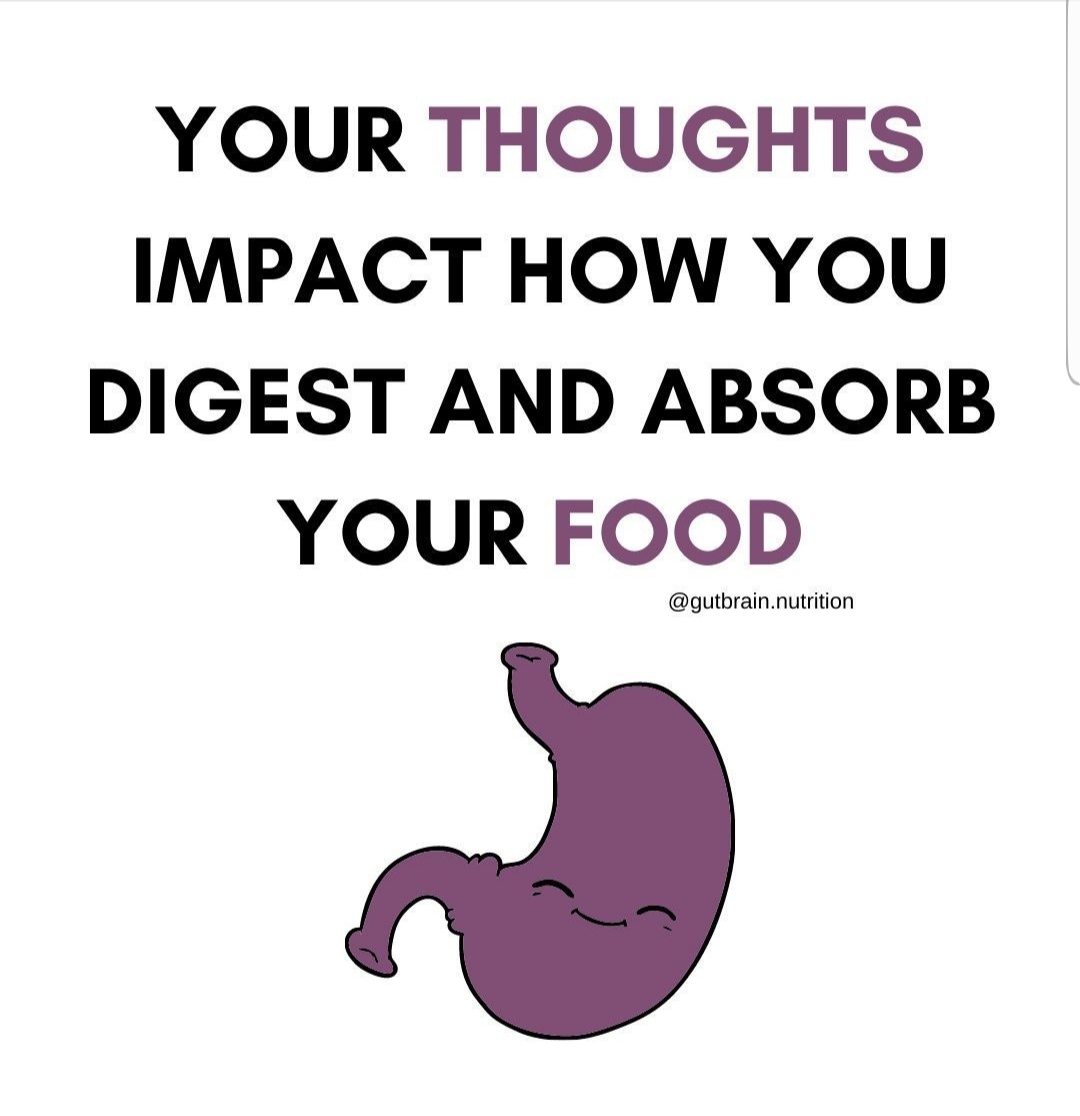
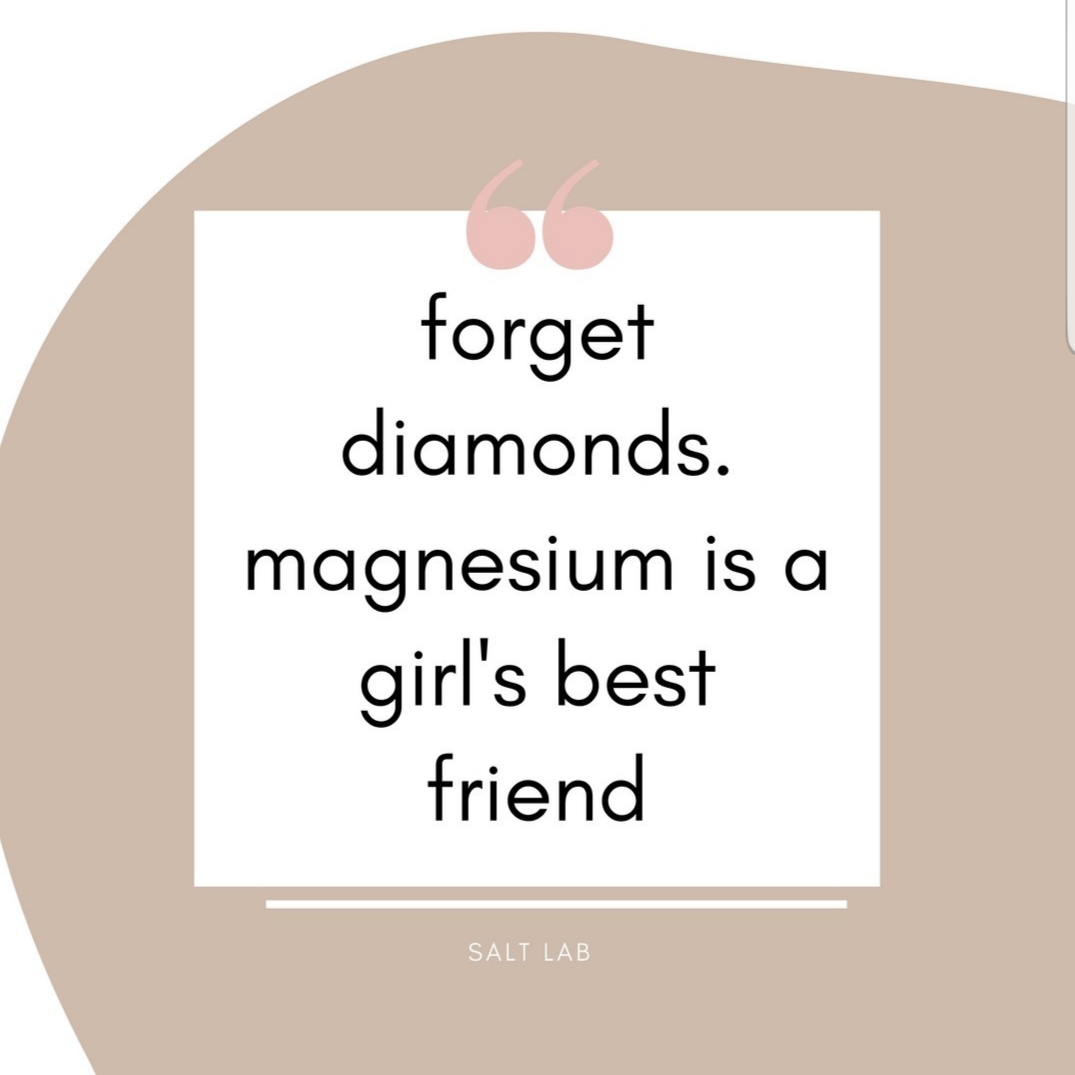
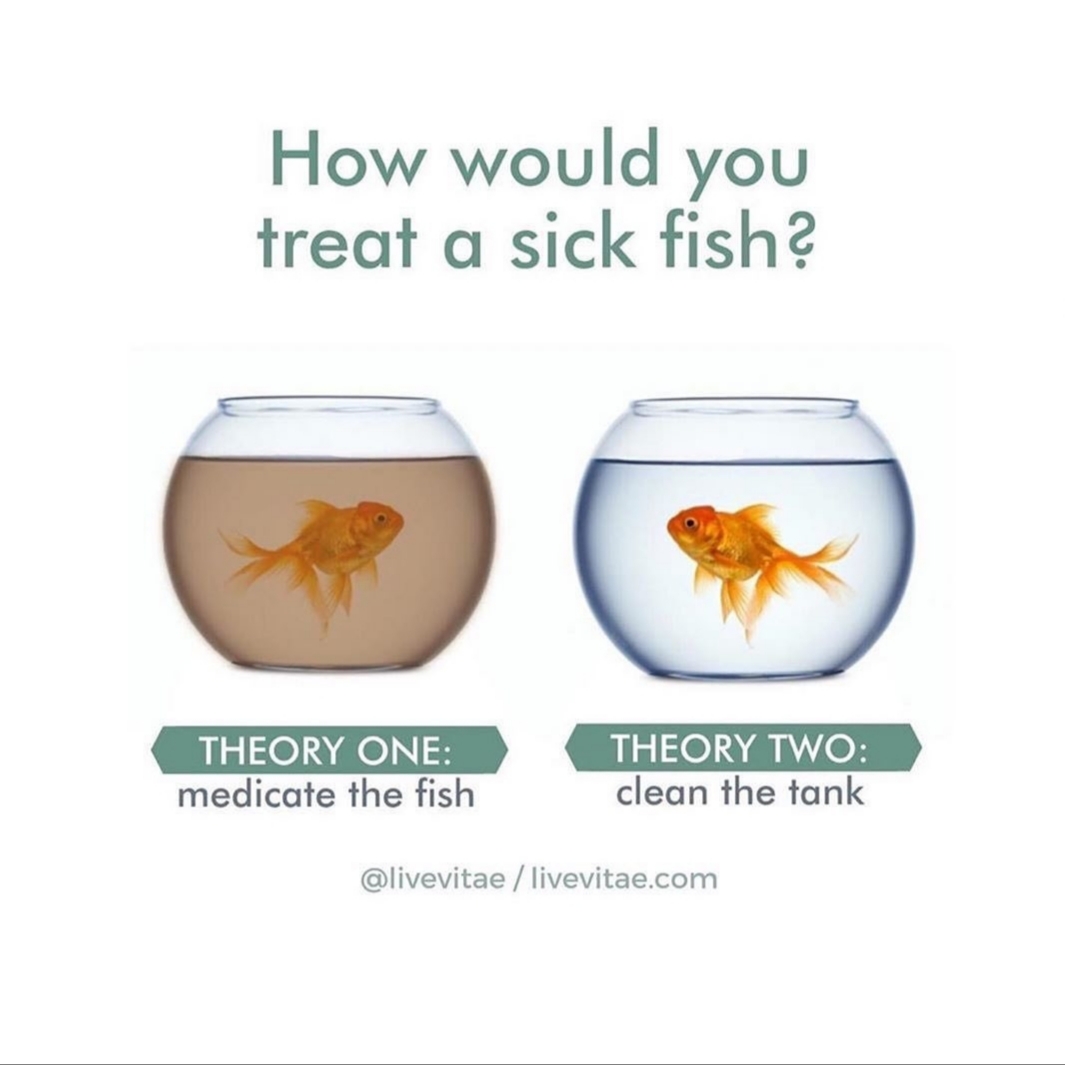
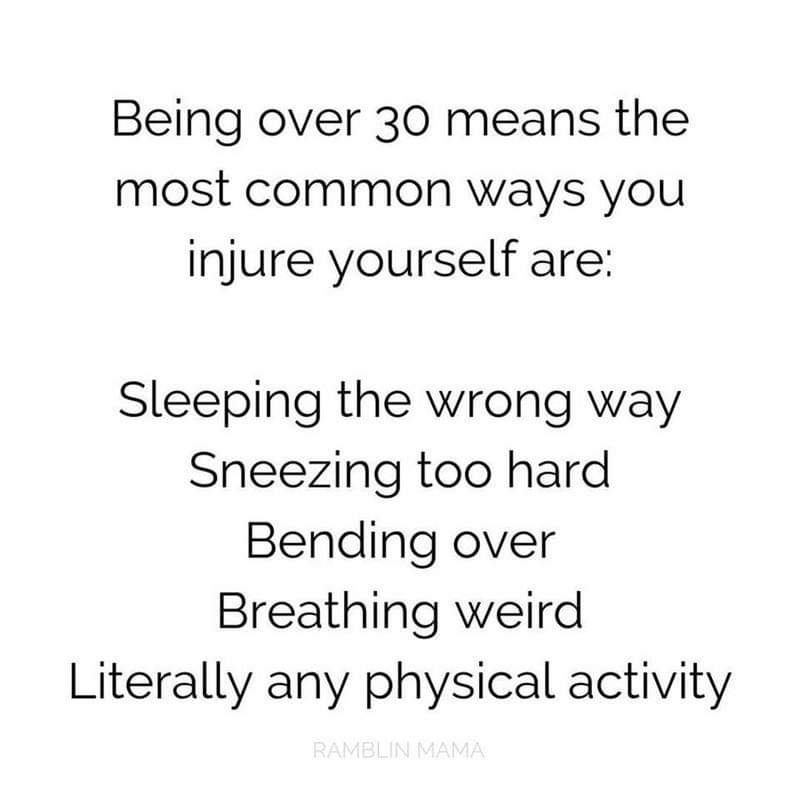
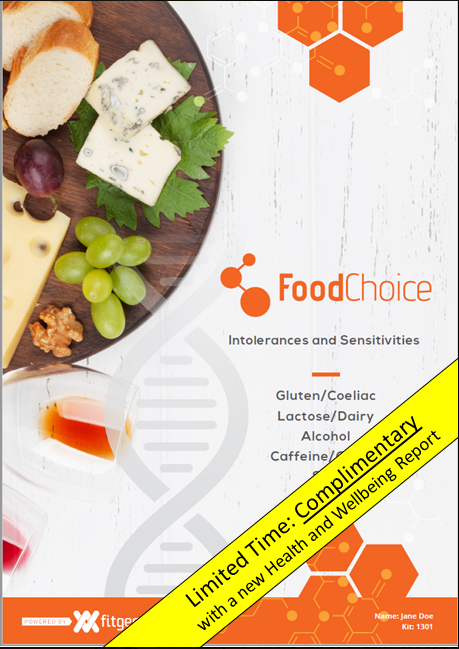
You will receive the New Health and Wellbeing (HWB) which includes six new clinically-relevant genes.
These six new genes are associated with
Methylation and homocysteine metabolism (PEMT, MTHFD1, SHMT1)
Cardiovascular health (GNB3)
Fat metabolism and cholesterol regulation (FADS1, PPARδ).
In addition, a FoodChoice will be issued at no extra charge.
A full additional report with a review of the following genes:
Coeliac Disease Risk
(HLA-DQA1, HLA-DQB1)
Lactose Intolerance (LCT)
Alcohol Intolerance (ADH1B)
Caffeine/Coffee Sensitivity (CYP1A2, ADORA2A-1) Salt Sensitivity (AGT, ACE)
If YOU WOULD LIKE to find out more about how YOUR GENES can influence YOUR HEALTH. Please contact me.🌿
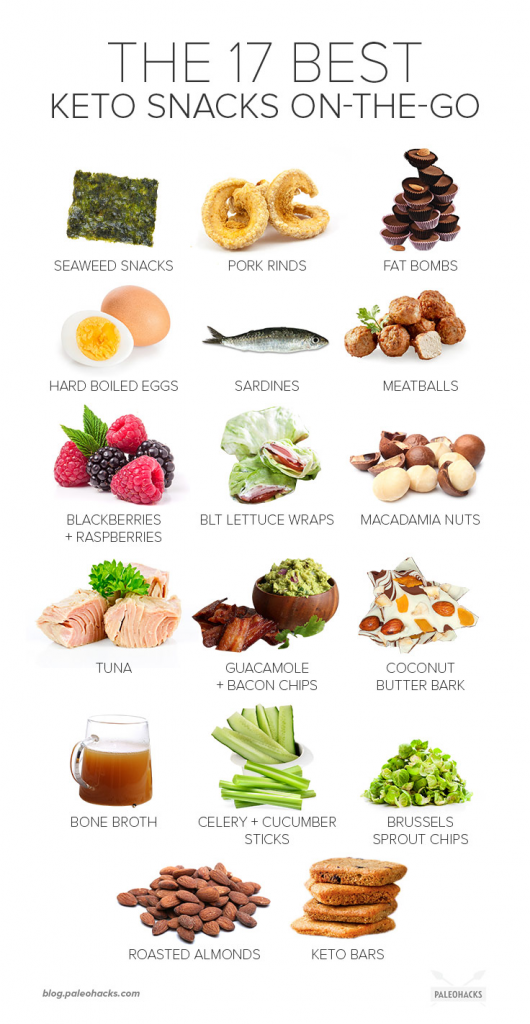
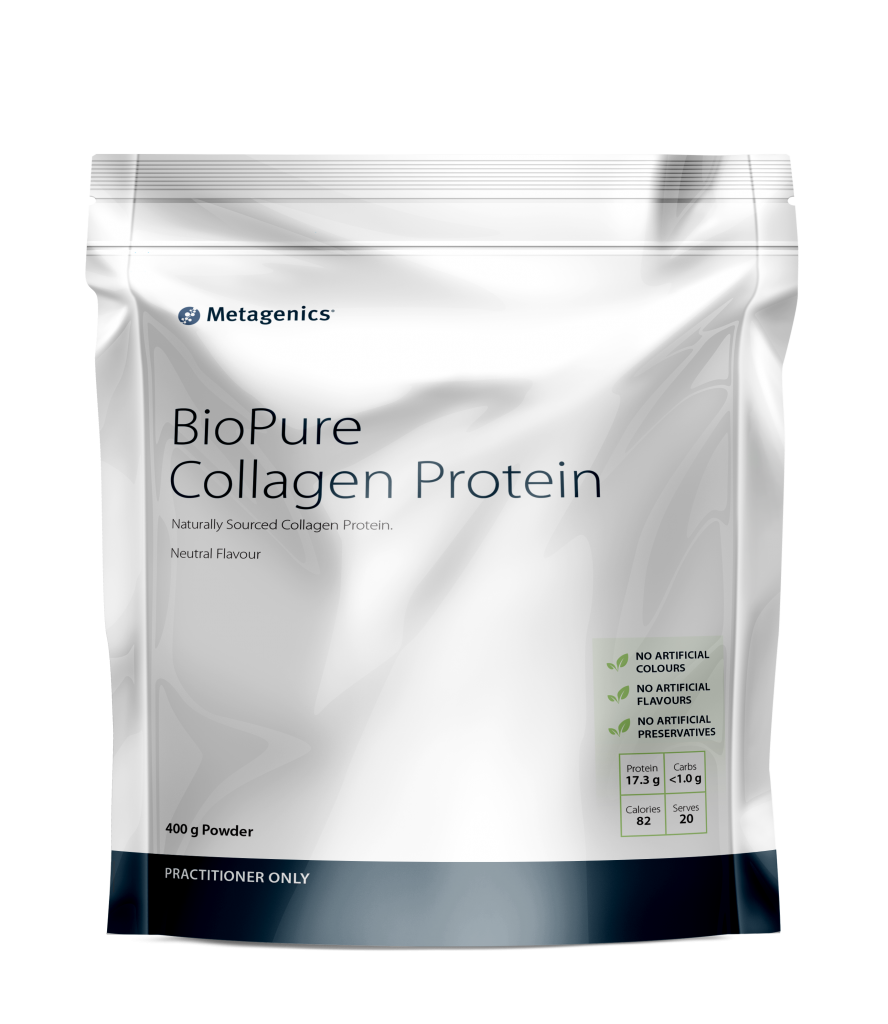
It’s Great For Skin, Hair, Joints, Muscle Growth And Much More. 🤩
Some studies have shown that taking a collagen supplement for several months can improve skin elasticity, (i.e., wrinkles and roughness) as well as signs of aging. Others have shown that consuming collagen can increase density in bones weakened with age and can improve joint, back and knee pain.